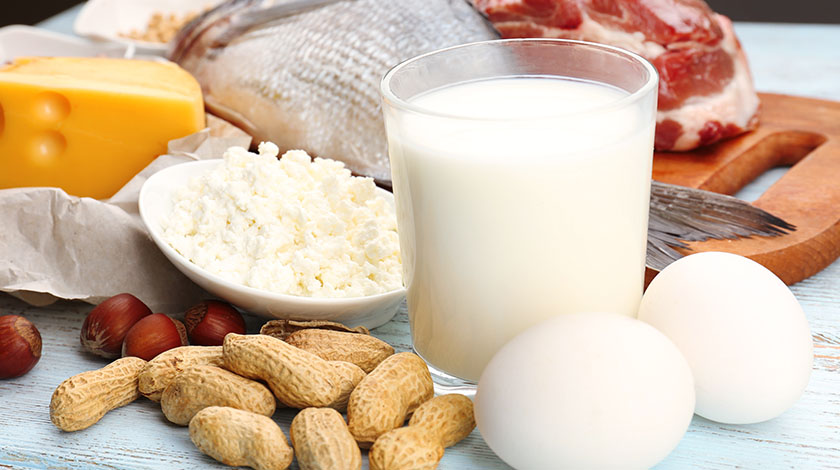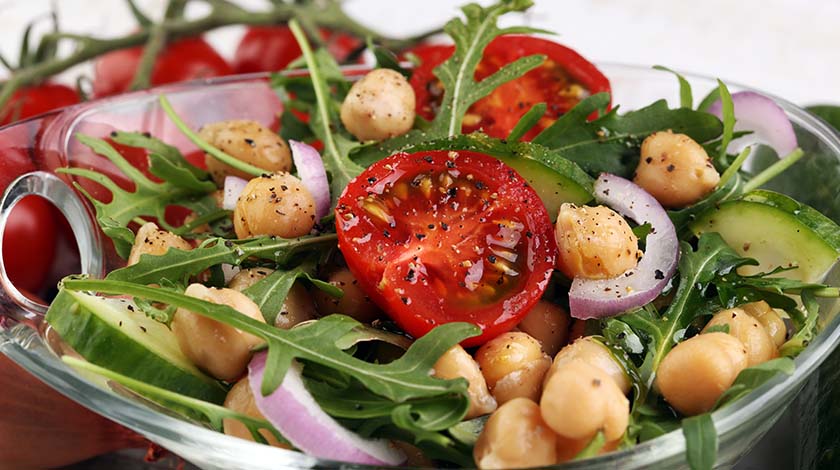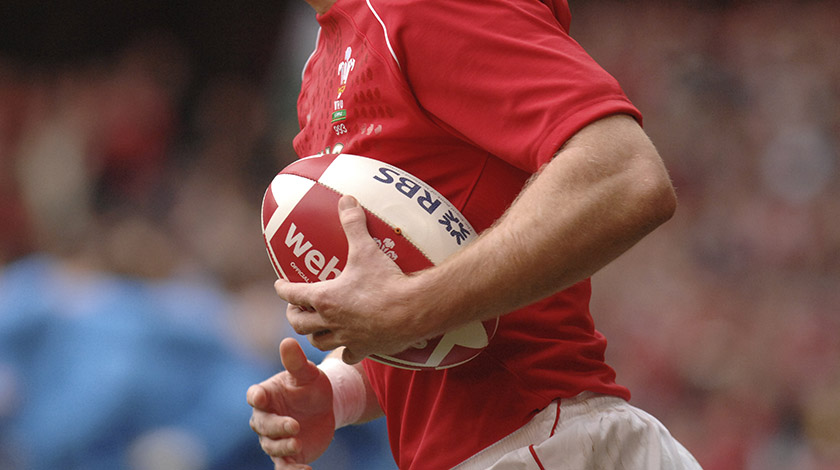Rugby is a game of speed, strategy, and strength1. The world's best rugby players consume a lot more calories than an average person. To achieve the approximate same level of fitness as them, of course we don't have to eat as many calories but the quality of the calories we consume is even more important.
It is not about gaining weight
It’s easy to gain weight – just eat a lot of junk food. But that weight isn’t healthy. If you want to gain 'quality size', you have to watch your diet. Rugby players are huge, but you can’t be like them by simply gaining weight. You have to show patience and dedication.
How do I gain size in a healthy way?
Here are some tips. To look like a rugby player, make sure to include the following in your diet in the right proportion.
Protein

Proteins help build muscle2. When you work out hard, you need to include a lot of proteins in your diet. An adult male weighing 80 kilograms requires about 120 grams of protein per day. Spread your intake of proteins throughout the day. This will ensure that your muscles have a constant supply of amino acids. Good protein sources include fish, eggs, meat, and turkey.
Carbohydrates
Our bodies are designed to run on carbohydrates. We store glycogen inside our muscle and use it as a fuel while exercising2. You should eat plenty of carbohydrates to replenish our glycogen deposits3. Avoid refined carbs like white bread, sugar, cakes, pasta, and biscuits. Instead, eat potatoes, rice, and oats etc. About half of your total calories should be coming from carbs.
Fats
Fats are also essential for good health. There are both good and bad fats2. Healthy ones include whole eggs, oily fish, nuts, seeds, avocados, coconut oil, and grass-fed beef, etc4. Avoid trans-fats like margarine and vegetable oil.
Vegetables

Just like carbs and proteins, vegetables are also essential to our performance3. Even the hardest rugby players eat their veggies. Vegetables supply essential nutrients like vitamins and antioxidants. Try to include different varieties of vegetables in your diet. As a rule of thumb, try to include colors on your plate – mix some red and green veggies with yellow fruits.
If you are a fan of rugby, you should probably give their diet a try. With the right amount of proteins, carbohydrates, and fats, you too can become energetic and vigorous like them. Also, don’t forget the vegetables. They’re a must-have part of every rugby player’s diet.
Resources
- http://www.princetonacrugby.com/how-to-play-rugby.html visited 10 March 2017
- https://www.maxinutrition.com/sports/rugby/Rugby-Player-Diet-and-Nutrition-Advice/ visited 10 March 2017
- http://www.active.com/food-and-nutrition/articles/10-tips-to-eat-like-a-pro-athlete visited 10 March 2017
- http://www.fitday.com/fitness-articles/fitness/exercises/how-to-eat-like-an-athlete.html visited 11 March 2017

